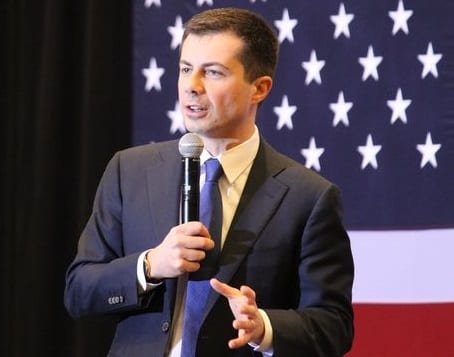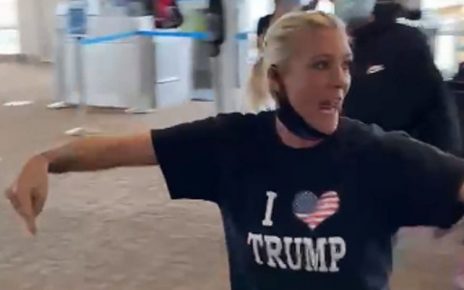Kenneth Quinn, Principal at International Aviation Law PLLC in the Washington D.C. Metro Area, spoke with several aviation industry leaders after the announcement Pete Buttigieg would serve as the 19th US Secretary of Transportation having been sworn in on February 3, 2021.
- Former South Bend, Indiana, Mayor Pete Buttigieg was named President-elect Joe Biden’s Transportation Secretary in February.
- Aviation leaders have been in discussion about what they hope the new appointee will – and – should be focused on.
- With over a year of COVID-19 in everyone’s history, aviation was hard hit by the coronavirus.
On the panel was Michael Whitaker who went from being a lawyer at TWA to head of Alliances and International Affairs at United Airlines. He’s also been CEO of a travel company in India and was appointed Deputy Administrator of the Federal Aviation Administration (FAA) here in the United States. And now, he is over to Hyundai and Air Mobility heading up Global Policy.
Also joining the discussion in this CAPA – Centre for Aviation event, was Sharon Pinkerton, who is currently Senior Vice President of Legislative and Regulatory Affairs at A4A, the airline industry’s congressional and lobbying arm in Washington, D.C. Before that, she headed Policy and Planning International over at the US FAA, and she was also a senior staffer in the House of Transportation and Infrastructure Committee with Congressman Mica from Florida.
Rounding out the panel was Sara Nelson who is the International President of the Association of Flight Attendants-CWA where she is on her second four-year term. Sara is also a recently recovered COVID patient.
Ken Quinn:
So look, we have just an extraordinary time in the aviation industry in the world. And, Sara, you represent 50,000 or so flight attendants, many of whom are without work, hopefully with some pay with Congress’s support. But tell us about how the flight attendants in the airline industry from your perspective is doing now and how we are going to recover from this terrible time.
Sara Nelson:
Well, first and foremost, Ken, thank you for recognizing the people on the front lines. And I stay focused on that every single day. Over my shoulder is a picture of Paul Frischkorn, who was a friend of mine, who was also a longtime flight attendant and the first to die of coronavirus. So this has been in our workspace possibly longer than anyone else because of the nature of our work. And the virus is really the problem. The virus is what we have to eradicate and contain. We’ve got to get focused on that and we have to do things that are not just cosmetic when we do that, but actually do science-based efforts to get that out of our communities and out of our travel space.
And that starts with making sure that everyone can get a vaccine and continuing to do the layers of security that we do in aviation, so that we can limit the risk of spread. But it has been a very trying time for flight attendants because, of course, the health crisis, that is the biggest health crisis that we’ve faced in over 100 years, has also been the biggest financial crisis in aviation ever. And if you take all of the previous crises in the airline industry, economic impact, and put them together, it does not even come close to the impact of this pandemic.
We’re still right in the middle of it. Although we’re very happy that now we have an administration that is working on a plan to get rid of it. And also that we have had the attention of Congress to provide payroll support. We had a disruption from October to December, but we’re working to make sure that when the program expires on March 31st, we actually have an extension to get us through the rest of this vaccination process and on the other side of the pandemic.




